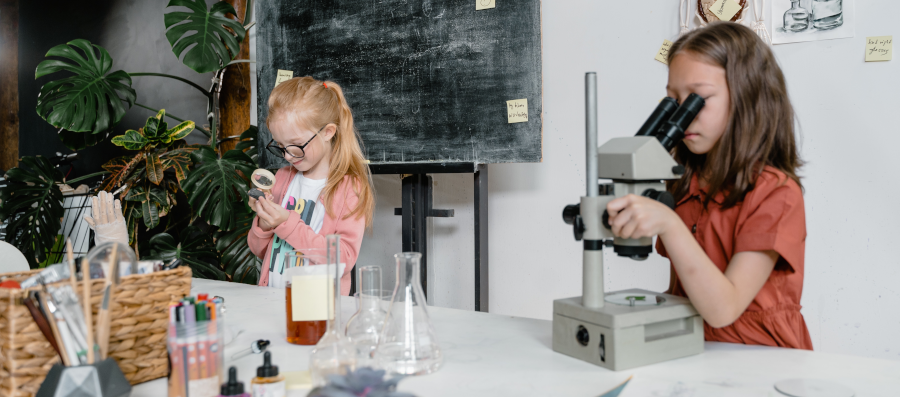
If your children are using this pandemic as a reason to watch TV all day, make messes around the house, or divert you from work, check out Science Tools. These products will both educate and entertain your kids throughout this time.
If you want kids to experience science, you cannot overlook opportunities for hands-on learning. Science experiments can be messy. But learning occurs so much simpler (and much more joyfully) when kids get a chance to apply what they are learning and relate book knowledge to real life.
A Digital Pocket Scale
The digital pocket scale is becoming increasingly valuable for many different walks of life. There are quite a few pocket scales styles available that can assist people who must measure weight and mass but do not wish to carry around a massive set of scales with all the weights needed to determine measurements. Students have been able to calculate the density of different substances precisely, demonstrate the Law of Mass Conservation, figure how many chalk molecules are needed to write their names, and much more.
pH Paper
The PH paper is used to check if a solution is acidic, basic, or neutral. By dipping part of the paper into a solution of interest and watching the color change. The packages that pH paper comes in often include a color-coded scale indicating the pH something has when the paper turns a specific color. For instance, if the paper turns a dark greenish-blue, the pH may likely be around 11 to 14. Pull the strip out, touch it to the substance you would like to test, and then compare the strip’s color to the key on the side of the package vial. It’s so easy and creates no mess. Students of all ages will have fun testing common substances (such as coffee, milk, orange juice, soda, etc.) to determine their pH.
Beakers
A beaker is a kind of glassware used in the laboratory. It is a cylinder glass with a lip and a spout. A beaker usually will have the same width as its height and is very stable and easy to handle. They can be made of borosilicate glass, plastic, or glass, and most of the beakers have marks to show how much volume of liquid they hold. Beakers cannot be used for exact measurements, they are often used to make solutions, and they are probably the most used piece of laboratory glassware.
Funnel
In a chemistry lab, funnels are used with filters to separate a mixture; it’s a pipe with a wide mouth that helps pour substances into a container without spilling.
Magnifying Glass
A magnifying glass can be used for many things; we can keep a set outside for nature walks and hunting for bugs. Students can place a magnifying glass at the light table, and they can discover & explore the light as it flows through the magnifier and you never know what, where or when you will find something interesting, and these make it easy to get a good look up close.
Lab Goggles, a Lab Coat, and Gloves
Gloves: Laboratory gloves are essential to wear to protect your hands from chemical substances. Always makes sure to listen to your teacher and wear gloves when performing experiments.
Goggles: When performing experiments of any kind, Goggles are essential. They are used to keep dangerous chemicals and other substances from damaging your eyes. Always wear your goggles in the lab!
Lab Coat: Kids can use a Lab Coat or an Apron to protect clothes for the times when science gets messy.
How to Store Your Science Supplies
Wrap and store magnifying glasses and lenses in covered containers to protect them from dust and scratches.
Store chemicals in clearly labeled bottles or jars in a cool place or shelf which is not easily accessible to students.
Hydrochloric acid and other corrosive substances must be stored separately from metals, instruments, electrical equipment, or tools.
Poisons must always be locked in a cupboard and do not use food or drink containers for storing chemicals.
All wires, bulbs, battery connectors, switches, wire strippers, and other items used when studied circuits and electricity go in another bin.
Conclusion
Educators need to employ teaching strategies to inspire and prepare children to embrace science and potentially pursue it in their college and career choices. Science impacts countless decisions we make every day, like managing our health and well-being, choosing paper over plastic at the grocery store, or answering a child who asks why the sky is blue. Science has a vital role in our lives.

